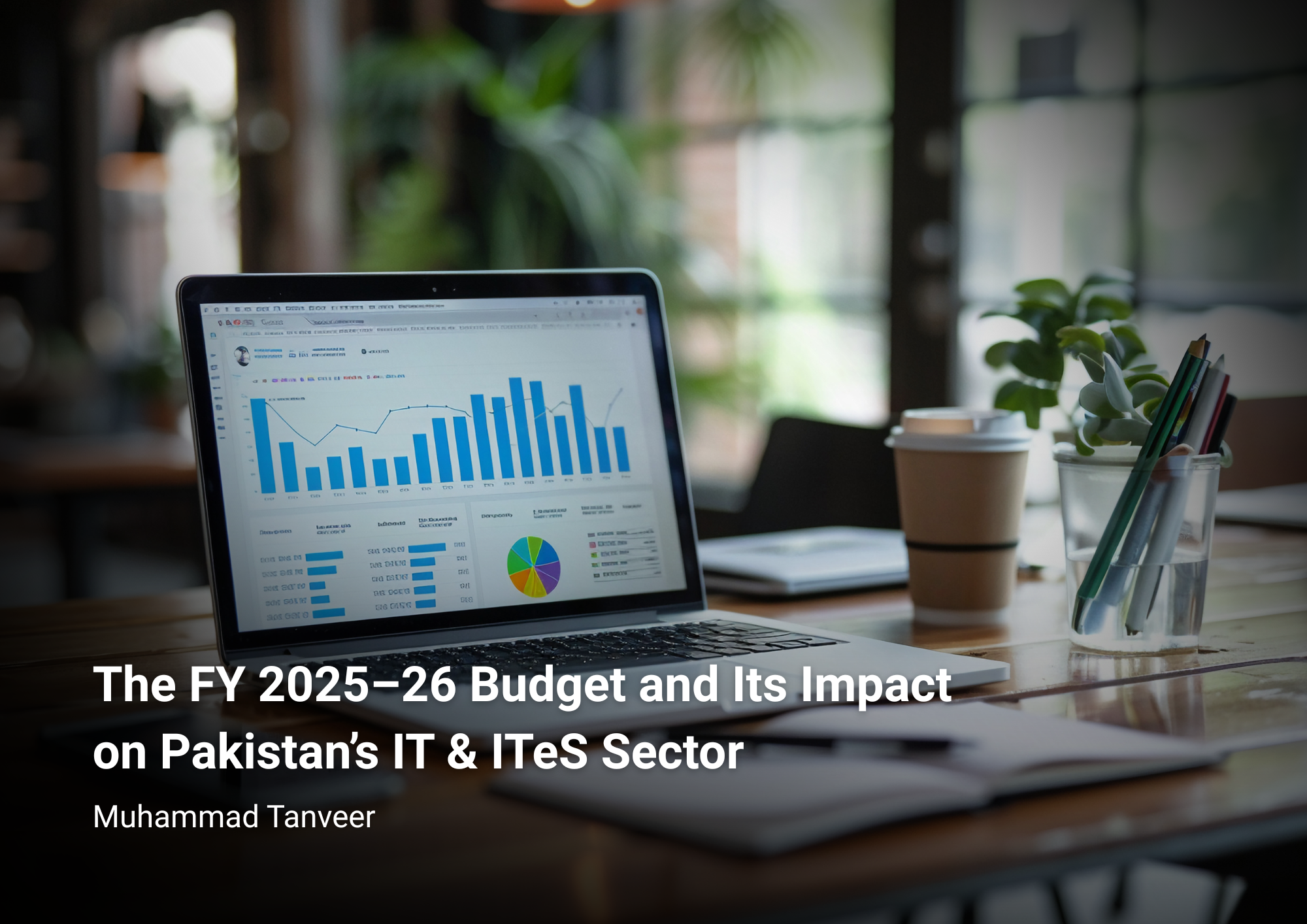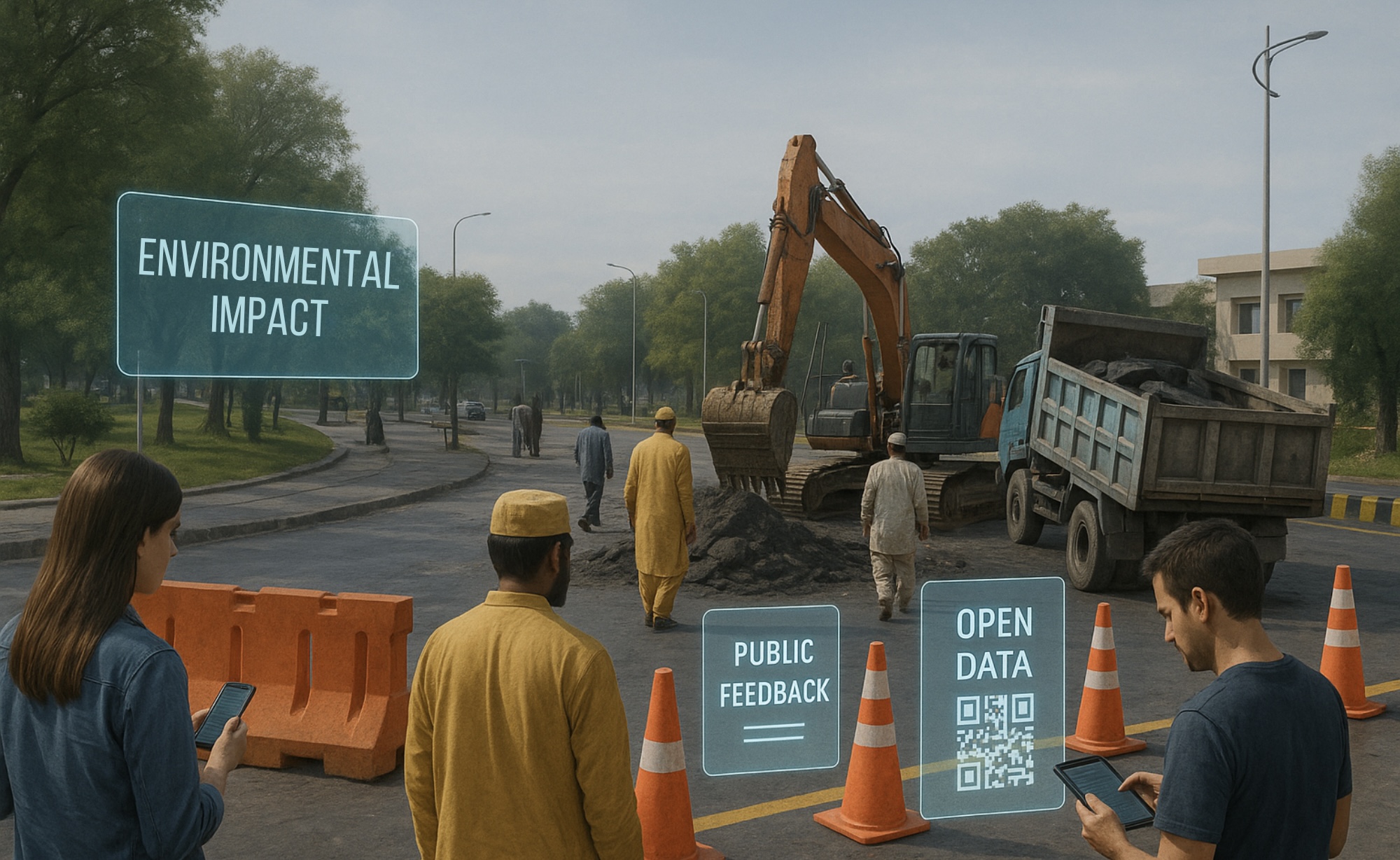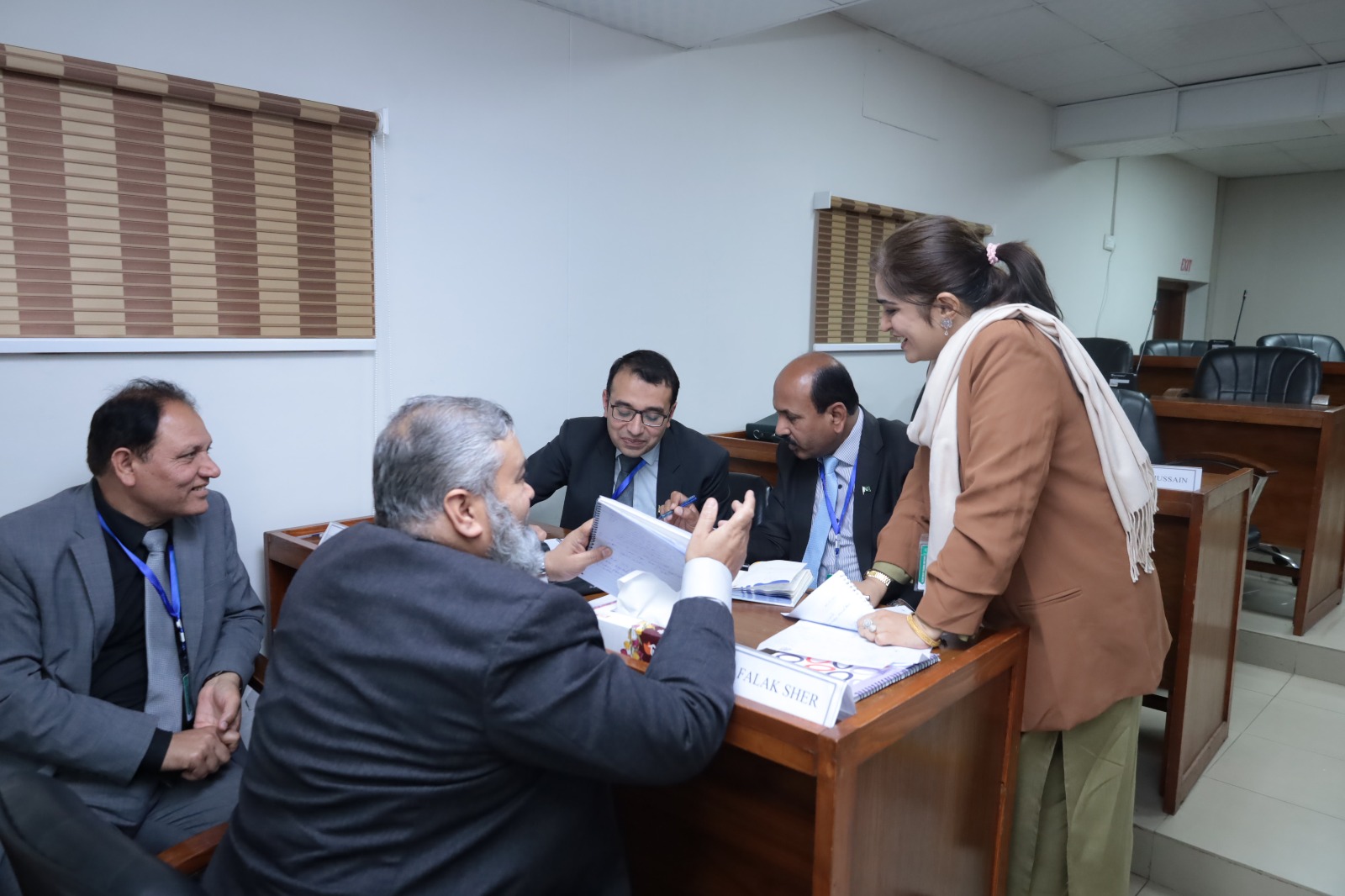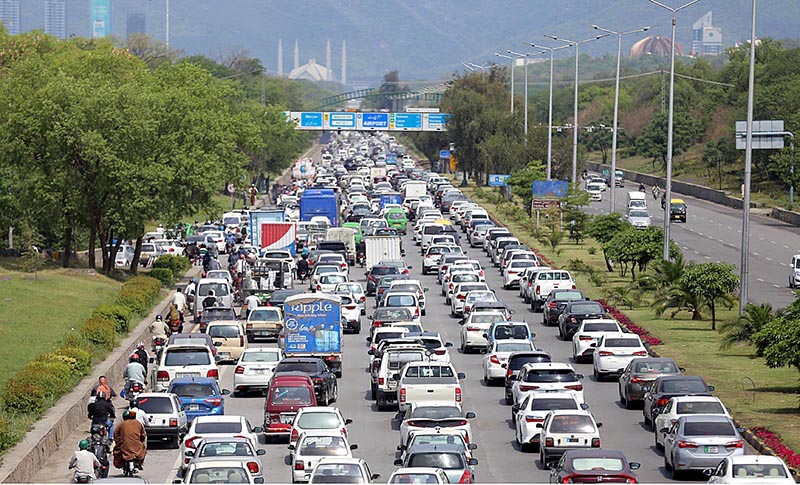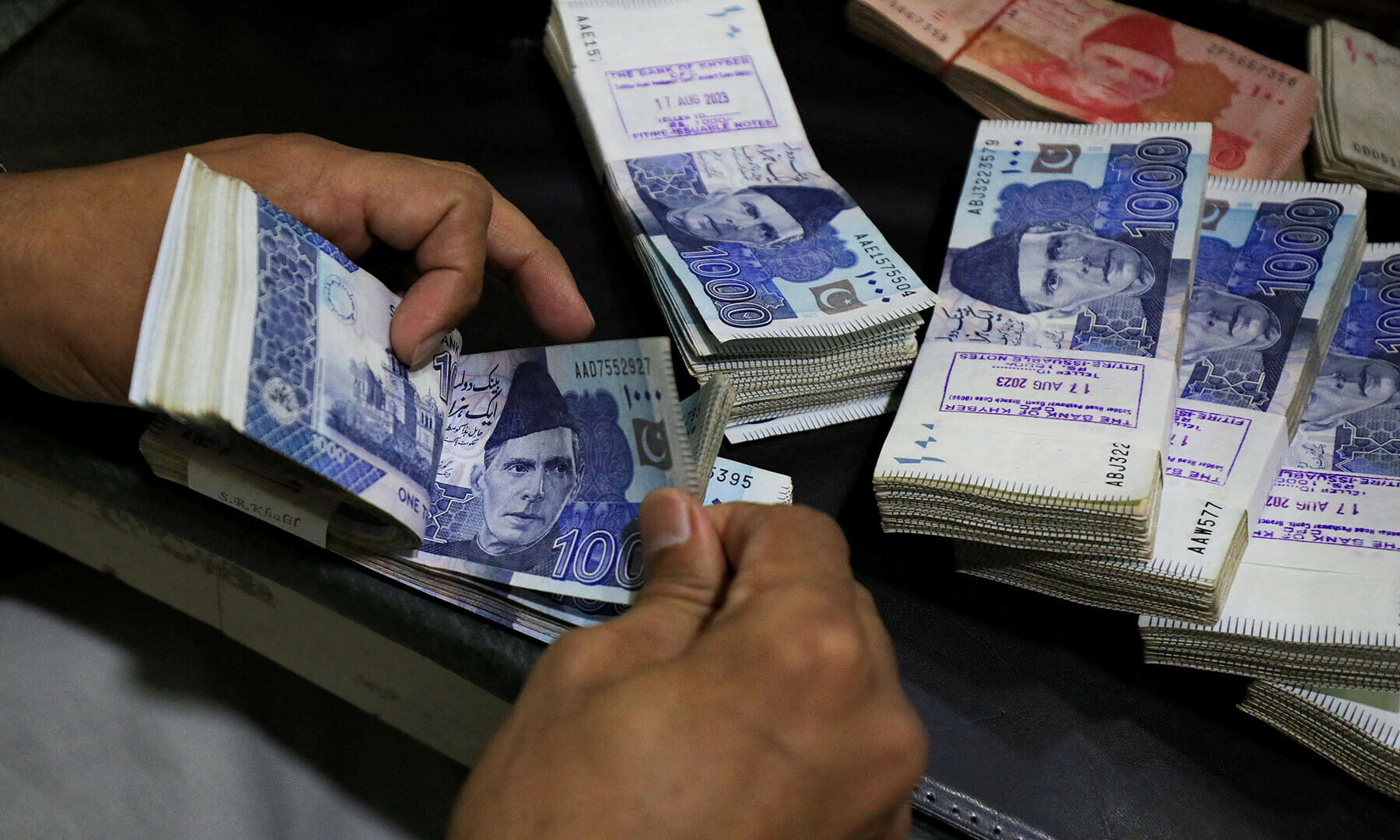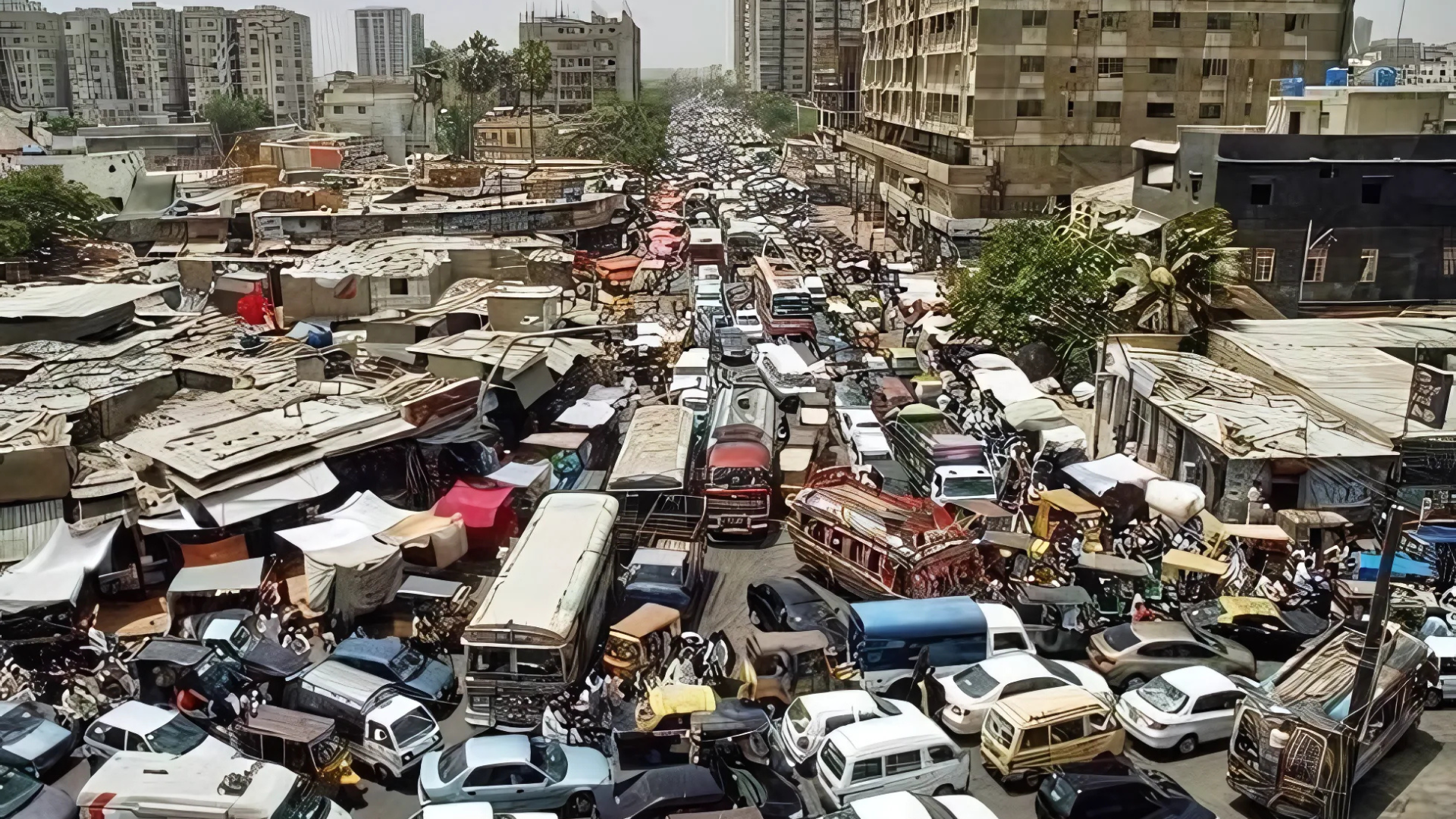Imagination as the Blueprint of Reality
As a communications professional at Accountability Lab, I have witnessed firsthand how the arc from imagination to reality unfolds. Technologies once dismissed as fantasy are now integral to our daily lives. Yet, this rapid transformation brings profound ethical and emotional considerations. In Pakistan’s development sector, empathy is not an optional virtue; it is the currency of trust and human dignity. While AI can analyze data, draft reports, or even simulate emotional support, it cannot replace the intuition, compassion, and accountability that only humans provide. The real challenge lies not in technological capability but in conscientious stewardship. AI carries tremendous potential, yet it can amplify inequities, isolate the vulnerable, and erode social bonds if deployed without care. Our responsibility is clear: ensure technology remains a tool guided by human conscience, not a substitute for it. Progress must be measured not only by innovation but by the lives it uplifts and the communities it serves. Imagination gave us the blueprint; empathy must shape the structure.





